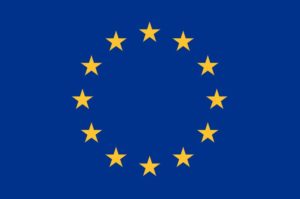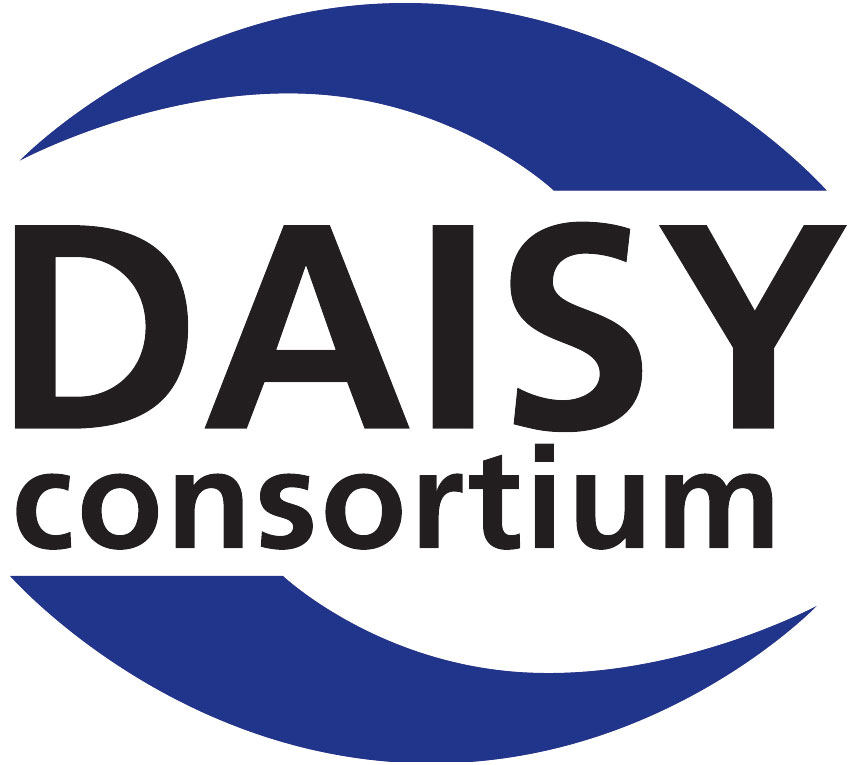European Directive to Improve the Accessibility of Mainstream Ebooks
New legislation in the EU which includes accessibility requirements for both reading systems and content, could have a positive and lasting impact on practices around the world. The following article from Fondazione LIA takes a closer look at the new European Directive.

On March 13 2019, the European Parliament approved the so called European Accessibility Act, an EU Directive aimed at improving the market for accessible products and services, removing barriers in the Member States through legislations with a range of accessibility requirements, bringing benefits to persons with disabilities and elderly people throughout the EU and with potential for global benefits.
The Directive was created to increase the availability of accessible products and services in the EU market, and to improve the accessibility of information.
It provides a definition of persons with disabilities in line with the United Nations Convention on the Rights of Persons with Disabilities, adopted on 13 December 2006 (UN CRPD), to which the Union has been a Party since 21 January 2011 and which all Member States have ratified. As stated by UN CRPD, the Directive considers that persons with disabilities “include those who have long-term physical, mental, intellectual or sensory impairments which in interaction with various barriers may hinder their full and effective participation in society on an equal basis with others”. It promotes full and effective equal participation by improving access to mainstream products and services that, through their initial design or subsequent adaptation, address the particular needs of persons with disabilities.
The Directive applies to many products and services such as consumer general purpose computer hardware systems and operating systems for those hardware systems, self-service terminals (ie. payment or ticketing terminals), consumer banking services, but also e-books and dedicated reading software. Due the fact that e-books are considered a service, the concept of a service provider now includes publishers and all the other economic operators involved in their distribution.
The Directive requires publishers to produce their digital publications in an accessible format, and also requires the entire supply (retailers, e-commerce sites, hardware and software reading solutions, online platforms, DRM solutions, etc.) chain to make content available to users through accessible services.
The technical accessibility requirements are currently described at high level in the legislation, but the Commission shall demand EU standardization bodies to define EU harmonized standards for accessibility. Considering these standard should be, as stated in the Directive, market-driven. The standard organizations managing the publishing standards, like W3C and the DAISY Consortium along with other organizations working in the field of accessibility in the publishing industry, like Fondazione LIA and EDRLab, are now working in collaboration to ensure that the standards currently used in the sector may also become those adopted by the Directive.
In the legislation there are some exceptions, in particular for smaller organizations (microenterprises of less than 10 staff and a turnover or balance sheet of less than €2M) when producing an accessible version causes a disproportionate burden, or when a fundamental alteration of the content of the product would be required. “Market Surveillance Authorities” will be responsible for checking compliance of product and services to the requirements of the Directive. Fondazione LIA believes that, in some cases, publishers may find a solution to produce the accessible versions working in collaboration with the Authorized entities through the Marrakech Treaty. The European Accessibility Act also requires that detailed information on the accessibility of products and services are provided to end users in the distribution channels, allowing users with specific reading requirements to make informed purchasing decision. To achieve these results, it will be therefore necessary to adopt the available international standards for accessibility (from formats to metadata) and consistenty provide visibility to the accessibility related information on the retailers and publishers’ web sites. It will also be crucial to make information of commercially accessible titles available using the metadata standard like Schema.org and ONIX that are designed to record information on the accessibility features of a digital publication. Furthermore, while using search engines, the possibility for a print impaired user of retrieving accessible titles will become fundamental.
The new Directive should be implemented by EU Member States in their national legislation within three years from the approval (by March 2022). Once implemented, it will apply to new products and services that come on the market six years after the approval of the Directive (March 2025). It will be supplemented by harmonized European technical standards. Where harmonized standards are not yet developed, the Directive gives the Commission powers to adopt implementing acts establishing technical specifications to achieve the same aim.
More information on how the entire value chain may find solutions to implement the directive are available in the paper “E-books for all – Towards an accessible digital publishing ecosystem”, published by Fondazione LIA.

